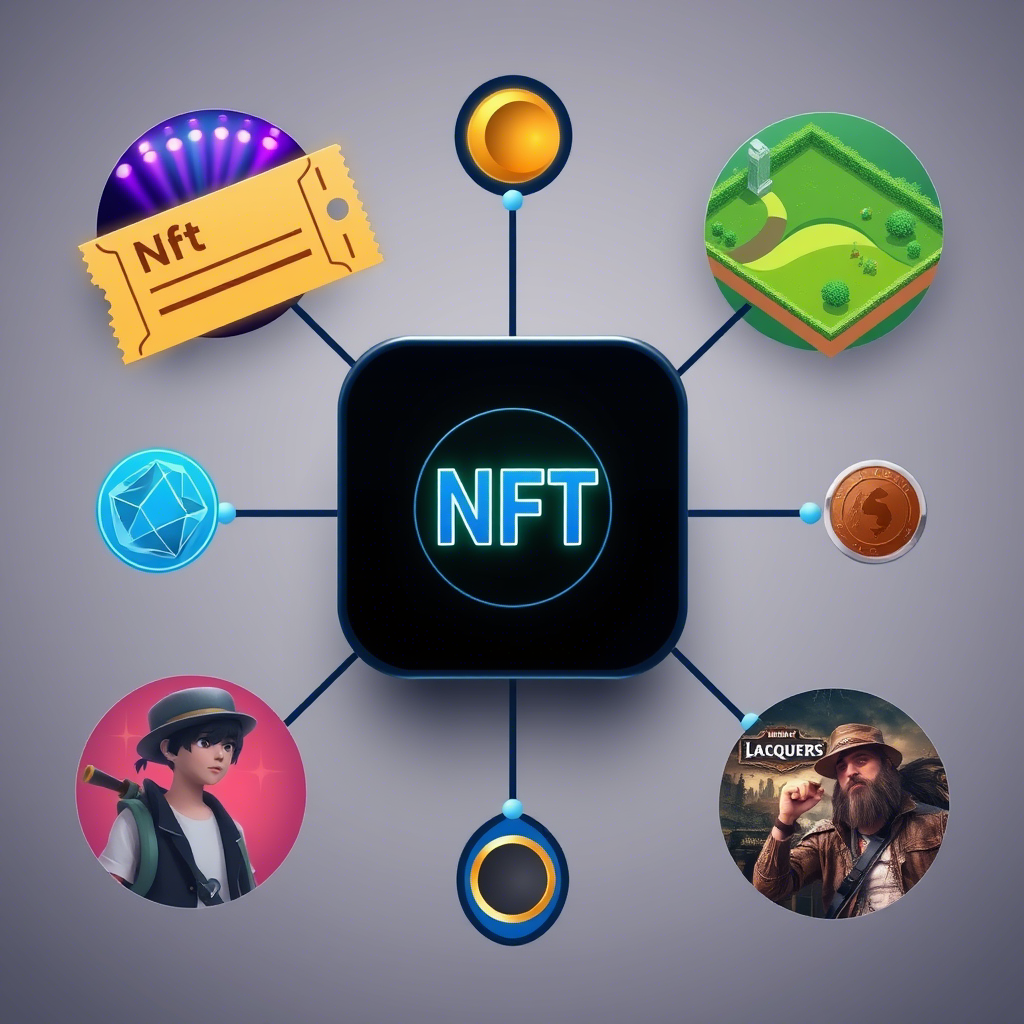Discover how NFTs are revolutionizing digital art, gaming, virtual real estate, and more, while enabling true digital ownership and new economic models.

Discover how NFTs are revolutionizing digital art, gaming, virtual real estate, and more, while enabling true digital ownership and new economic models.
While NFTs are most famously associated with digital art, their potential extends far beyond. NFTs serve as digital certificates of ownership that can represent virtually anything—from in-game items and virtual real estate to music, fashion, and even identity verification. This article explores the wide-ranging applications of NFTs, illustrating how they are disrupting traditional industries and creating new avenues for creativity, commerce, and community.
NFTs are unique in that they allow for true digital ownership and verifiable scarcity. They have found applications across several domains:
NFTs have emerged as a transformative technology that redefines digital ownership. They empower creators, revolutionize gaming, and open up new economic opportunities across various sectors. While challenges such as market volatility, environmental impact, and intellectual property issues persist, the potential of NFTs to bridge the digital and physical worlds is undeniable. As technology evolves and platforms mature, NFTs could become a foundational component of how we interact with digital assets and creative content.
Cryptocurrency is a form of digital money that operates on decentralized networks using blockchain technology. Unlike traditional currencies, it isn’t controlled by banks or governments. Transactions are verified by network participants and secured through cryptography. Popular examples include Bitcoin and Ethereum. Cryptocurrencies offer faster, more secure payments and give users greater control over their finances …
Cryptocurrency is a form of digital money that operates on decentralized networks using blockchain technology. Unlike traditional currencies, it isn’t controlled by banks or governments. Transactions are verified by network participants and secured through cryptography. Popular examples include Bitcoin and Ethereum. Cryptocurrencies offer faster, more secure payments and give users greater control over their finances …
Cryptocurrency is a form of digital money that operates on decentralized networks using blockchain technology. Unlike traditional currencies, it isn’t controlled by banks or governments. Transactions are verified by network participants and secured through cryptography. Popular examples include Bitcoin and Ethereum. Cryptocurrencies offer faster, more secure payments and give users greater control over their finances …
Cryptocurrency is a form of digital money that operates on decentralized networks using blockchain technology. Unlike traditional currencies, it isn’t controlled by banks or governments. Transactions are verified by network participants and secured through cryptography. Popular examples include Bitcoin and Ethereum. Cryptocurrencies offer faster, more secure payments and give users greater control over their finances …